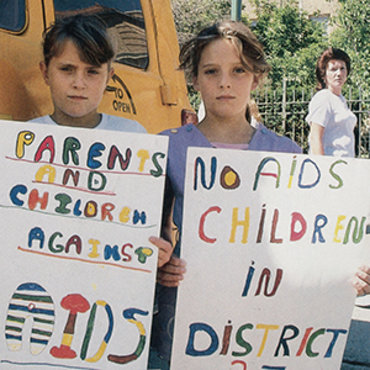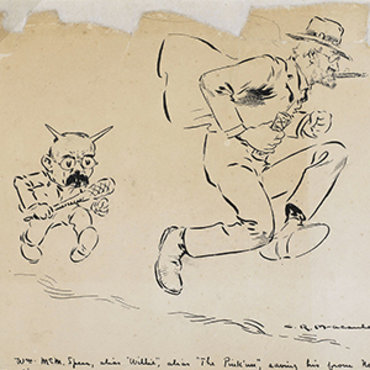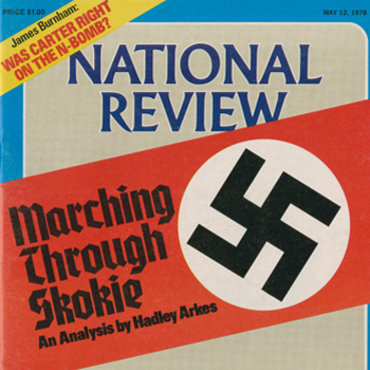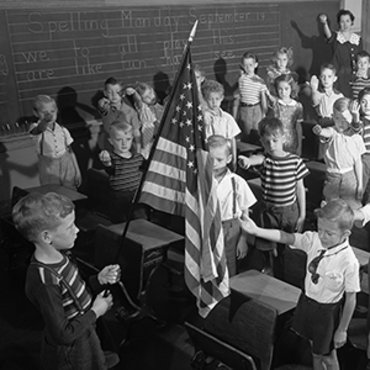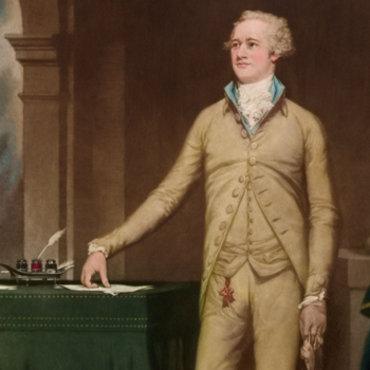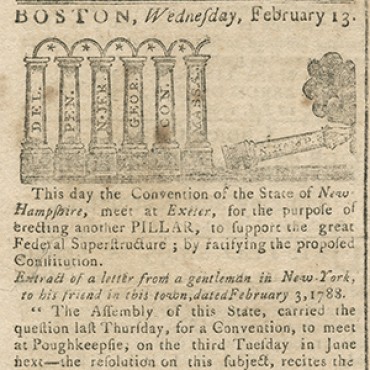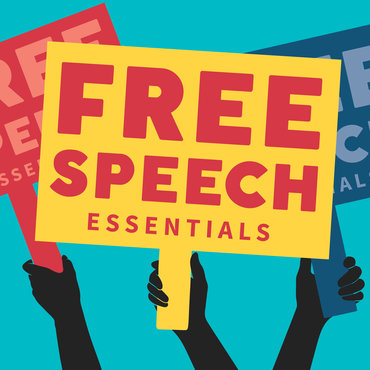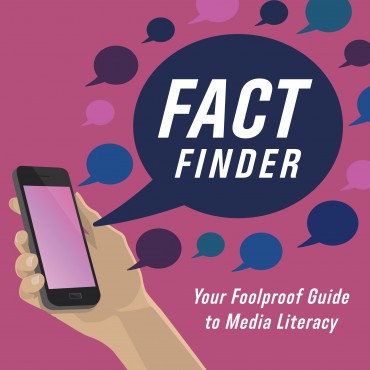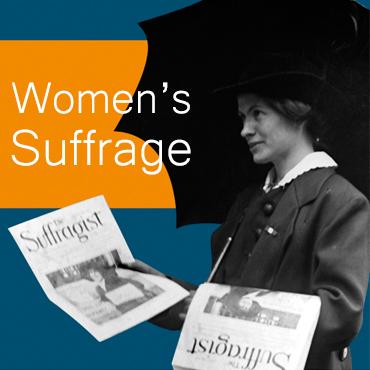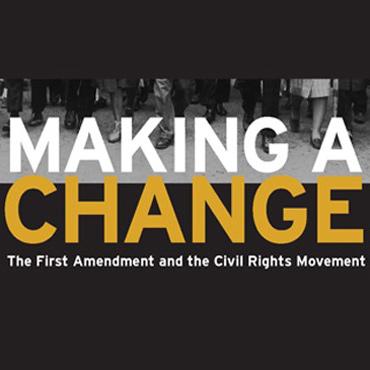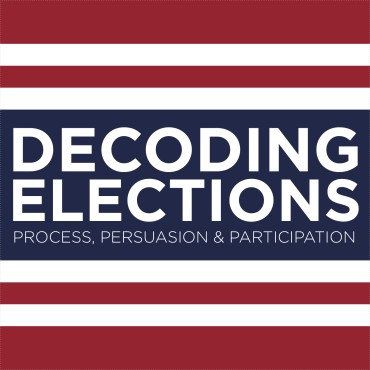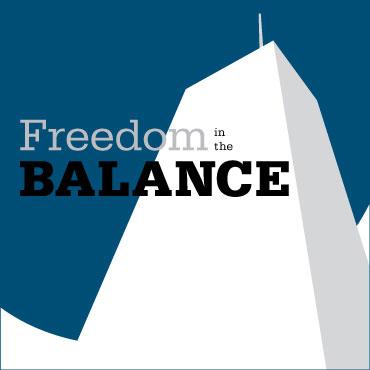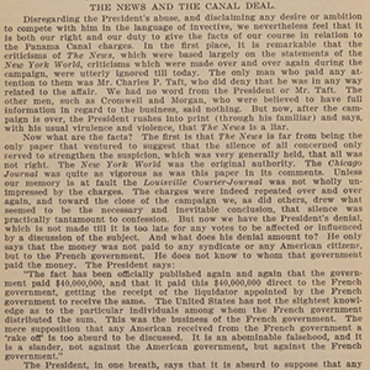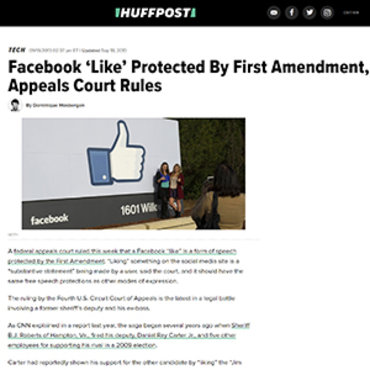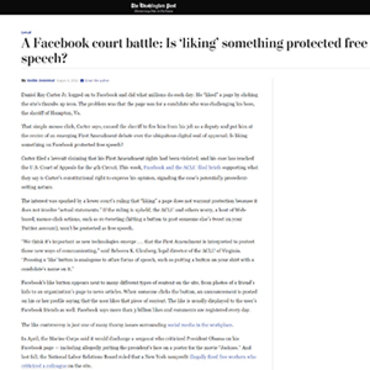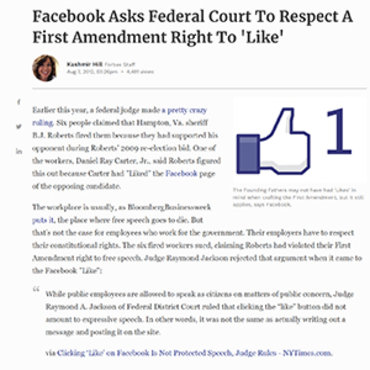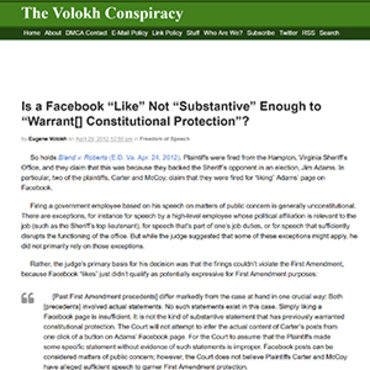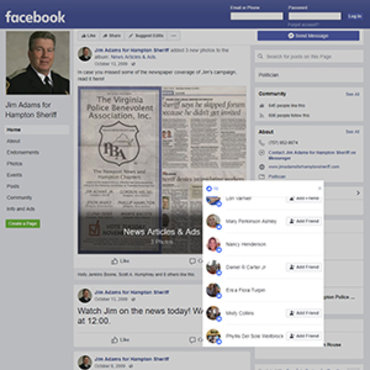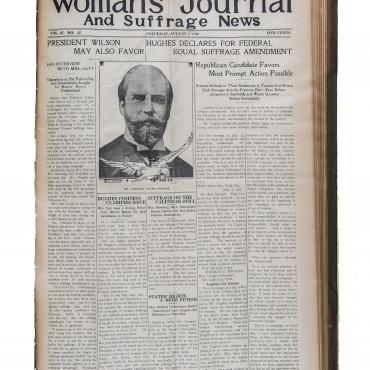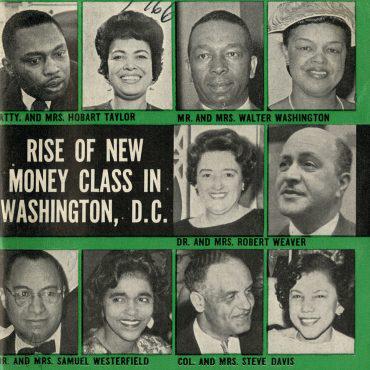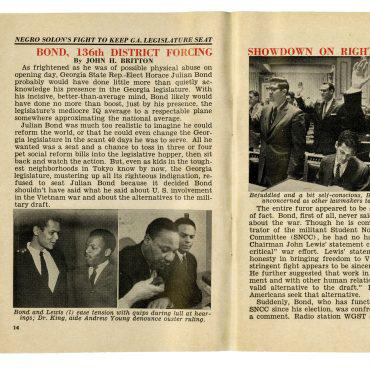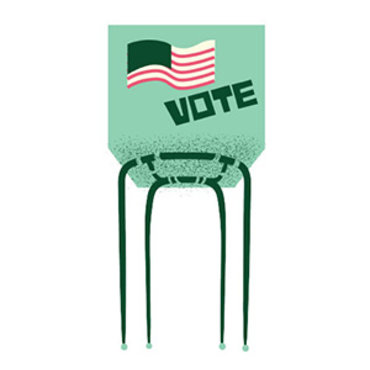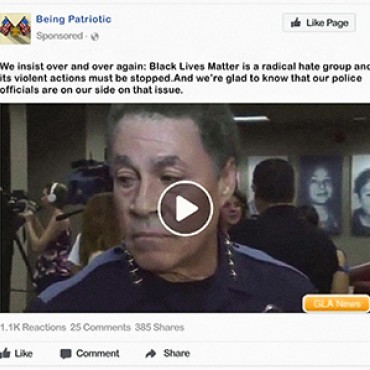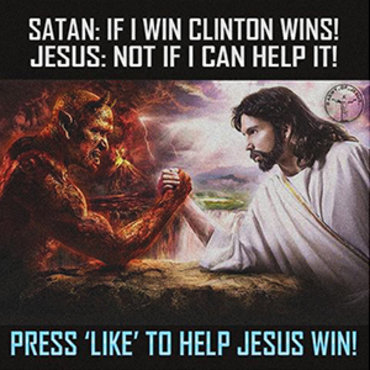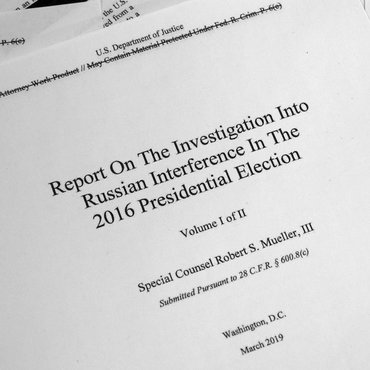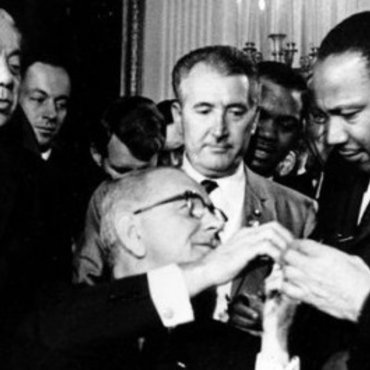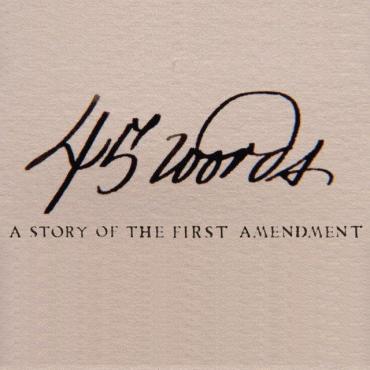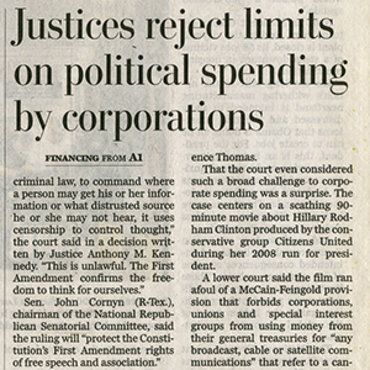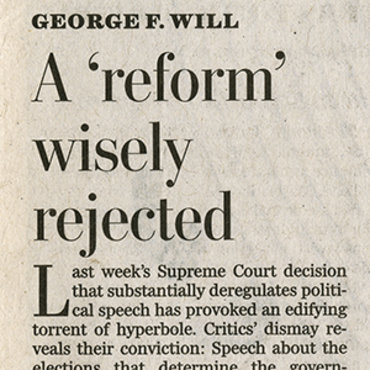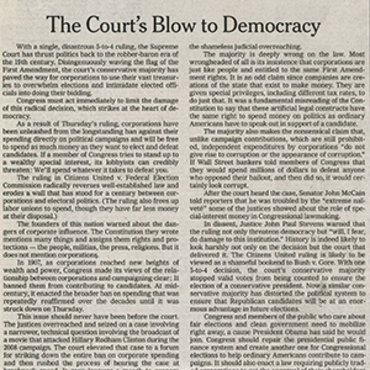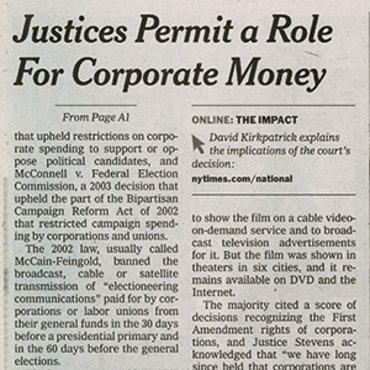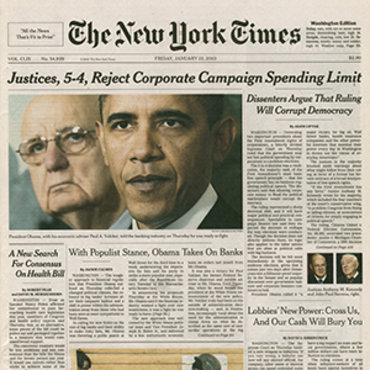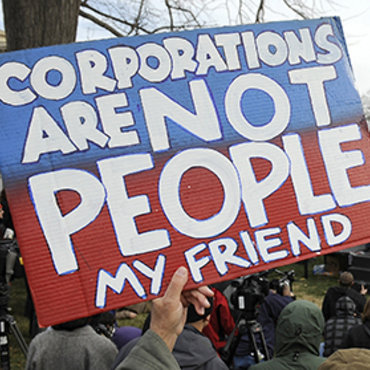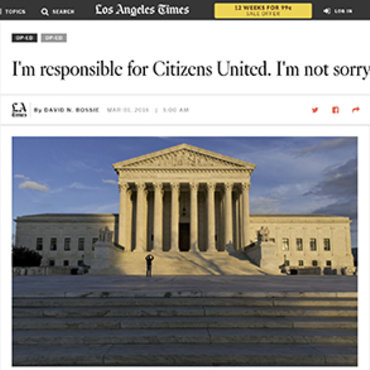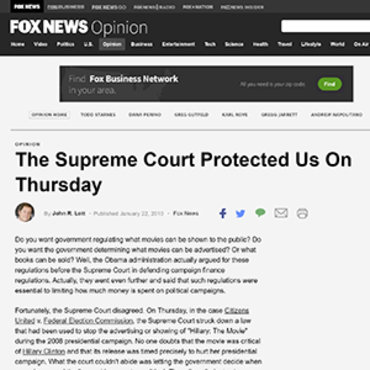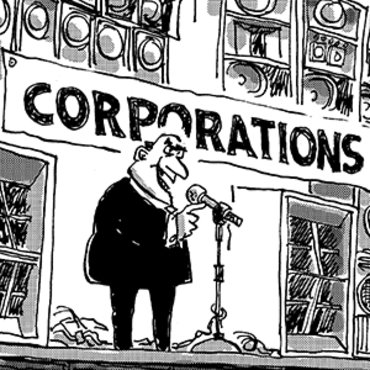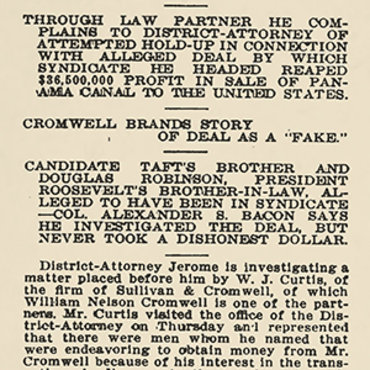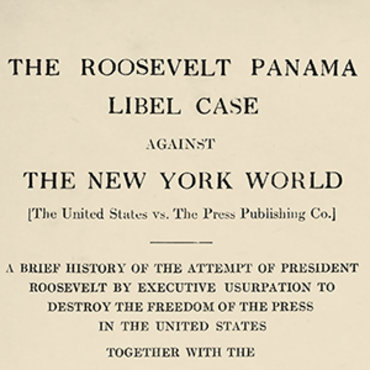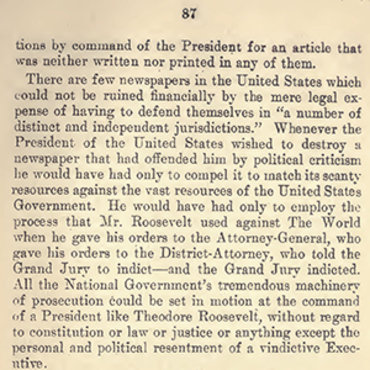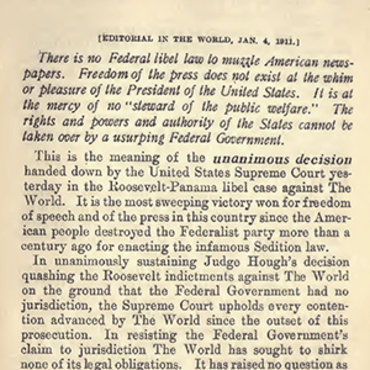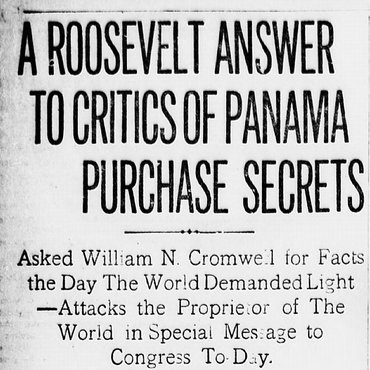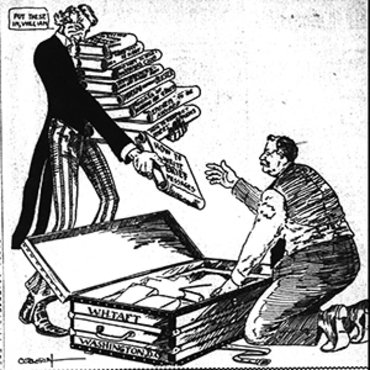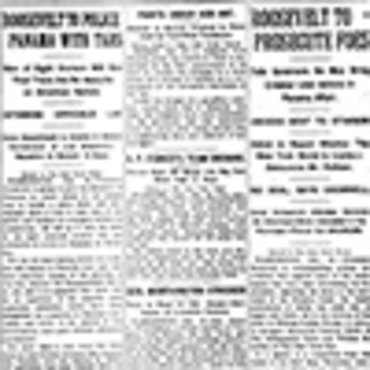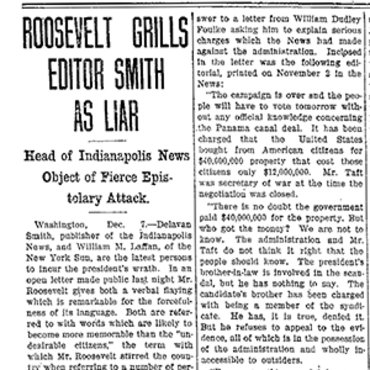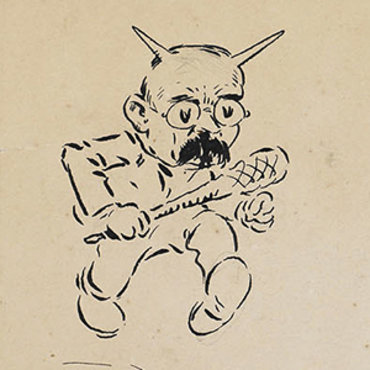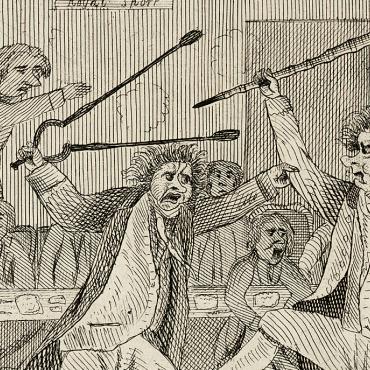2009: Defining Speech in the Age of Social Media
Should social media reactions, such as liking a Facebook post, be protected as free speech?
Get even more great free content!
This content contains copyrighted material that requires a free NewseumED account.
Registration is fast, easy, and comes with 100% free access to our vast collection of videos, artifacts, interactive content, and more.
NewseumED is provided as a free educational resource and contains copyrighted material. Registration is required for full access. Signing up is simple and free.
With a free NewseumED account, you can:
- Watch timely and informative videos
- Access expertly crafted lesson plans
- Download an array of classroom resources
- and much more!
This Critical Debate is part of a Debate Comparison:
See all Debate Comparisons- Constitution
- Elections
- Politics
- 7-12
- College/University
Do your students know what they’re free to say online? At school? On a public street corner?
From censorship to cyberbullying, the First Amendment and the freedoms it protects are as hotly contested as ever. This case study is part of our EDCollection that explores 16 real free speech debates ranging from the founding of our nation to recent headlines to illustrate what free speech actually means, where it comes from, and how far it can go. It’s information everyone needs to voice their opinions and shape our society.
Using This EDCollection
This EDCollection is designed to meet the needs of a wide range of circumstances and curricula. Whether you’re a social studies teacher looking for a complete unit or an English teacher looking to spend a single class period on free expression, there’s something for everyone. This complete package will lead students to the outcomes below.
Build Fact-Based Arguments
The Free Speech Essentials curriculum aligns with state and national standards as it guides students to take a position, find evidence to support it, and make a compelling presentation to their peers. Potential evidence includes:
- Writings, images and video from 1787 to 2018
- Primary and secondary sources
Connect Past and Present
Six of the eight pairs of case studies in this EDCollection juxtapose real historical and contemporary debates on a key free expression question. These pairs allow students to explore the historical origins of a key question — and get context for tackling today’s hot-button issues. The other two pairs provide different perspectives on a contemporary issue. Topics include:
- Federalism and Facebook
- Presidents and the press
- Censorship and cyberbullying
Keep Calm (and Debate On)
Our case studies are structured to help students experience the passion of the real players, while still practicing productive debate. We provide everything you need to prepare and fully support your students as they engage in civil discourse and debates:
- Overviews of the outcomes
- Clear scenarios and suggested positions
- Suggested discussion prompts.
Today’s social and political landscape can sometimes make free speech and First Amendment controversies seem too explosive for classroom exploration. We’ve created Free Speech Essentials to give you the tools you need to start tackling these vital topics with confidence and create enriching experiences for your students.
— The NewseumED Team
THE CASE
You are an attorney who specializes in defending First Amendment freedoms. A potential client has contacted you about his case. The client is a former sheriff’s deputy who says he was fired because he supported his boss’s opponent in the recent sheriff’s election. In particular, the client says his boss found out that he “liked” the Facebook page of the opposing candidate in the race.
The former deputy assures you that he “liked” the page when he was off-duty and using his own computer and that he did not violate any department rules. His boss found out because the candidate’s page was public. The former deputy says his First Amendment rights were violated because he believes he was dismissed for exercising his freedom of speech.
You want to defend the potential client’s freedom of speech, but this case is heading into uncharted territory. There are few clear rulings yet on how free speech should apply to social media, and you’re not sure if you can convince a judge that “liking” something should qualify as a form of speech. You don’t want to risk losing the case and getting a bad ruling that limits free expression online.
Should you take the case?
-
Yes. This action may not be a traditional expression of free speech, but it deserves First Amendment protection.
Ideas can be expressed in many ways, including through speech, action or behavior. The “like” button on Facebook is designed to allow a user to show approval, endorsement or agreement and therefore sends a meaningful message.
-
No. This action was not significant enough to make the argument that it deserves to be First Amendment protected free speech.
Simply clicking a button sets too low a bar for what counts as speech. As well, interpretations of what that action means may vary, making it unclear what the statement of this “speech” would be.
- What does clicking a “like” button mean? What about other social media actions, such as making something a favorite, following someone or using other reactions or emojis?
- Does everyone agree on what social media actions mean? Should agreement be required for them to be protected?
- What is symbolic speech? Does this action qualify?
- How do you express yourself online? What actions would you want to be protected by the First Amendment?
- The First Amendment generally gives greater protection to political speech that conveys a message or makes an argument. Which actions online do or do not meet this standard?
- How would you convince the judge that this action should rise to the level of being First Amendment protected free speech?
- How might attorneys on the other side try to argue against this action being free speech?


